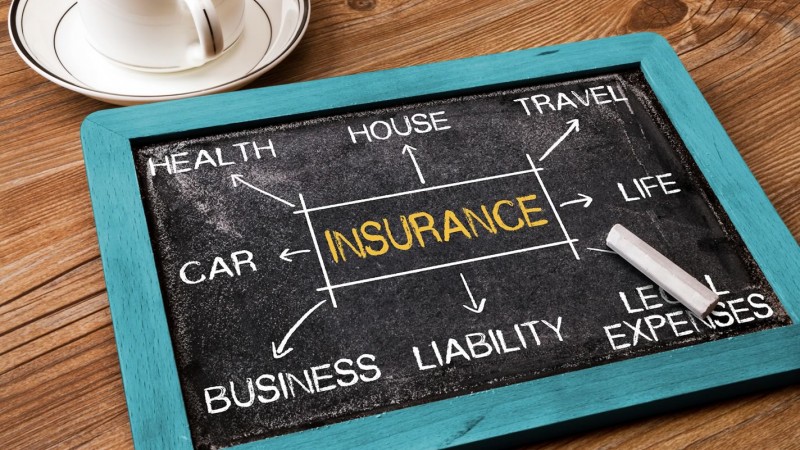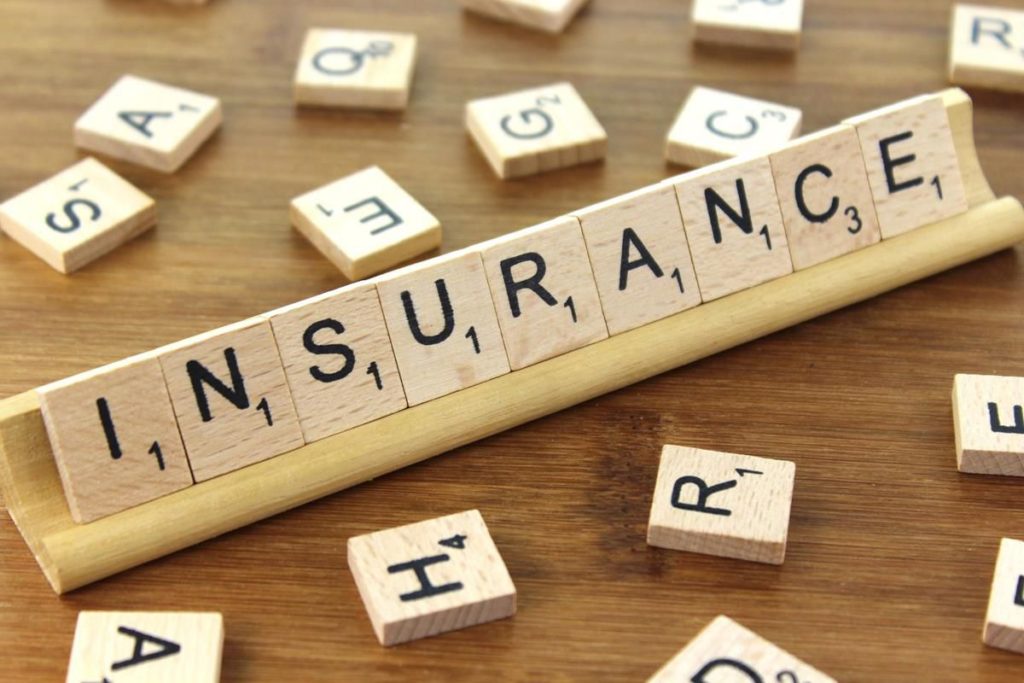Back to: BUSINESS STUDIES JSS2
Welcome to JSS2 Second Term!
We are building on our work from the First term as we learn more about Business Studies.
In today’s class, We will be discussing Insurance. We hope you enjoy the class!
Insurance
What is insurance?
The meaning of insurance is pretty straightforward. It is a contract that provides protection to an entity against a loss. This protection, therefore, guarantees reimbursement from an insurance company.
Protecting oneself is not uncommon. However, it becomes sacred when the law is involved. There is a legal agreement that covers two parties. That is, the insurer and the insured.
Kinds of insurance
· Property insurance
Two main types of contracts homeowner’s and commercial have been developed to insure against loss from accidental destruction of property. These contracts (or forms) typically are divided into three or four parts: insuring agreements, identification of the covered property, conditions and stipulations, and exclusions.
· Homeowner’s insurance
Homeowner’s insurance covers individual, or no business, property. Introduced in 1958, it gradually replaced the older method of insuring individual property under the “standard fire policy.”
· Perils insured
In homeowner’s policies, of which there are several types, coverage can be “all-risk” or “named peril.” All-risk policies offer insurance on any peril except those later excluded in the policy. The advantage of these contracts is that if the property is destroyed by a peril not specifically excluded the insurance is good. In named-peril policies, no coverage is provided unless the property is damaged by a peril specifically listed in the contract.
· Property covered
Homeowner’s forms are written to cover damage to or loss of not only an owner’s dwelling but also structures (such as garages and fences), trees and shrubs, personal property (excluding certain listed items), property away from the premises (such as boats), money and securities (subject to dollar limits), and losses due to forgery. They also cover the removal of debris following a loss, expenditures to protect property from further loss, and loss of property removed from the premises for safety once an insured peril has occurred.

Here are seven reasons why insurance is important.
1.) Insurance keeps commerce moving
In the days after the 9/11 attacks, there were many worries about insurance coverage. Acts of war are not covered by insurance. Was terrorism an act of war? The big question was, how would the 9/11 attacks be classified? Fortunately, the insurance industry decided the attacks were not an act of war.
However, after 9/11, some insurers began excluding terrorism. But the federal government stepped in and required coverage in the name of keeping commerce moving. In this case, insurance likely prevented many businesses from avoiding terrorist-targeted operations, such as refineries and chemical hauliers.
2.) Lenders require insurance
This reason is tied to no. 1. Lenders require that you have insurance. Think about it: Mortgage lenders want proof of insurance before you buy or build a new building. In short, to get the money your business needs to keep going, it’s likely you enjoy the benefits of insurance. Without insurance, your winning business model can’t get the funding it needs to take its first step, or your established business model can’t get the funding to evolve and better compete.
3.) Insurance is compulsory in some states
Insurance is important because sometimes it’s the law! A great example of this is auto insurance. Auto insurance is compulsory in Wisconsin. Auto insurance helps mitigate the risk of life on the road (of which there are many!). Workers’ compensation is a form of compulsory insurance that’s required in most states.
4.) Insurance grants peace of mind
Insurance, an intangible, provides another intangible: peace of mind. Business owners can take on certain business ventures because they can shift the risk — thanks to insurance. This reason is the counterpart to no. 2 — lenders require insurance. Insurance is the required (by lenders) safety net that lets entrepreneurs explore the opportunity.
5.) Insurance ensures family and business stability
Insurance is a safety net for when risks go wrong. Life insurance can support the life of a family, should a member be lost. It’s similar for a business. Should a key member or piece of equipment go out of commission, the business can carry on, thanks to insurance. This reason why insurance is important dovetails nicely with peace of mind. It all goes back to the idea that insurance, when activated, makes policyholders whole again.
6.) Insurance protects the small guys
When you look at your industry, you see the “big guys” and the “small guys.” if the risk goes wrong, the big guys will be able to survive. They can take a hit. But the little guys can’t take a hit. As a result, they are more risk-averse, and in some cases, they sell out to the big guys. If enough little guys leave the industry (and one big guy swallows them up), you’re left with a monopoly. With insurance, however, the little guys have support if they want to take a risk, which means they stick around longer. What it comes down to is that insurance helps prevent monopolies from forming.
7.) Insurance is the right thing to do
A sobering example of insurance in action is the West Fertilizer co. An explosion in Texas this spring. The explosion did #100 million in damage to the community, including schools and hospitals. The fertilizer company had only $1 million in general liability coverage.
Now the city is suing west fertilizer and likely will win all of the company’s remaining property and assets that were not damaged by the disaster. This is because the fertilizer company did not have enough insurance. What’s more is the city also suing the suppliers to the fertilizer plant, claiming they knew they were supplying inherently dangerous materials. In the case of the West, Texas, plant explosion, insurance could have helped a community to recover after a crisis.

7 types of insurance business are;
- Life insurance or personal insurance.
- Property insurance.
- Marine insurance.
- Fire insurance.
- Liability insurance.
- Guarantee insurance.
- Social insurance.
These are explained below.
Life insurance
Life insurance is different from other insurance in the sense that, here, the subject matter of insurance is the life of a human being.
The insurer will pay the fixed amount of insurance at the time of death or at the expiry of a certain period.
At present, life insurance enjoys maximum scope because life is the most important property of an individual.
General insurance
General insurance includes property insurance, liability insurance, and other forms of insurance.
Fire and marine insurances are strictly called property insurance. Motor, theft, fidelity and machine insurances include the extent of liability insurance to a certain extent.
Property insurance
Under the property insurance property of person/persons are insured against a certain specified risk. The risk may be fire or marine perils, theft of property or goods damage to property at the accident.
Fire insurance
Fire insurance covers the risk of fire.
In the absence of fire insurance, the fire waste will increase not only to the individual but to the society as well.
With the help of fire insurance, the losses arising due to fire are compensated and the society is not losing much.
The individual is preferred from such losses and his property or business or industry will remain approximately in the same position in which it was before the loss.
We have come to the end of this class. We do hope you enjoyed the class?
Should you have any further question, feel free to ask in the comment section below and trust us to respond as soon as possible.
In our next class, we will be talking about Personal Qualities of an Entrepreneur. We are eager to meet you there.

